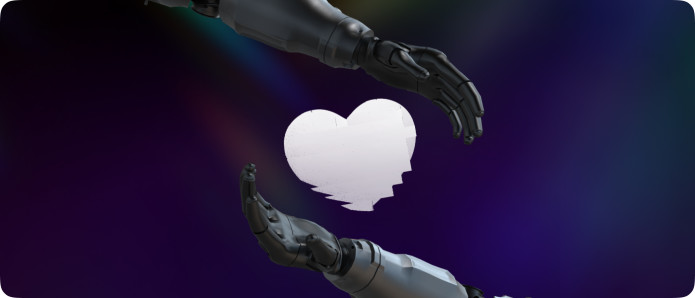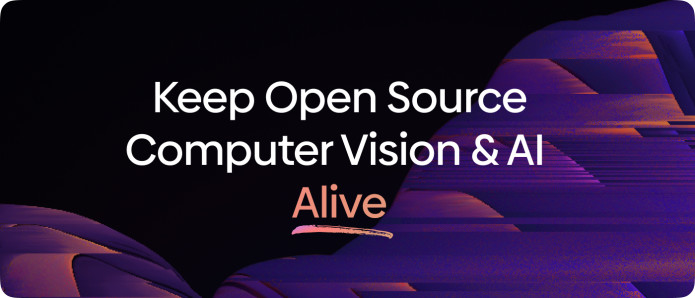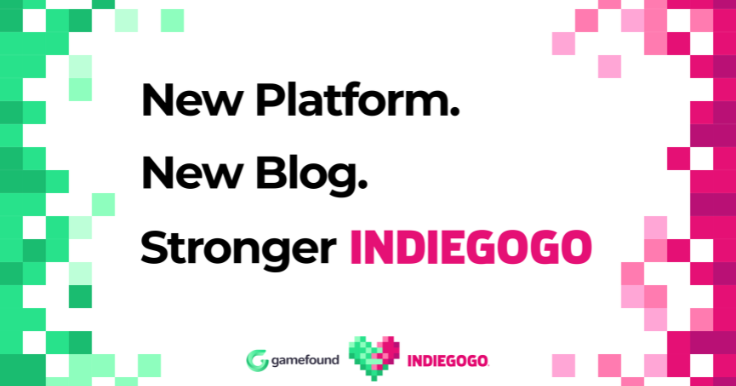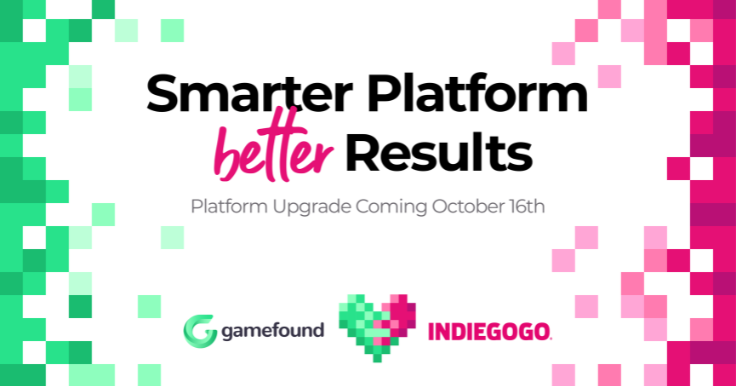In a world where only a few companies control the future of AI, and many AI projects remain closed-source, OpenCV stands out as a beacon of open-source innovation. Since June 2000, OpenCV, a non-profit organization, has been at the helm of the world’s largest computer vision library. This library, open-source and freely licensed, is everywhere — from guiding rovers and satellites in outer space to aiding in emergency rooms, farms, factories, and academic institutions.
The anticipated release OpenCV 5 is on the horizon, but it hinges on the success of a pivotal crowdfunding campaign that their team recently launched on Indiegogo. Facing hurdles that are typical of non-profit and open-source initiatives, this campaign is more than a mere fundraiser. It is a call to action for tech enthusiasts and professionals who’ve benefited from OpenCV to play an instrumental role in safeguarding its future.
In this exclusive interview, we had the opportunity to speak with their CEO Satya Mallick to discuss the latest advancements and insights surrounding OpenCV 5 and exploring the unique opportunities that their crowdfunding campaign presents to backers and the broader community. Read on to discover more about this groundbreaking project!
INDIEGOGO: Tell us more about OpenCV 5. And who is your crowdfunding campaign for?
SATYA MALLICK: OpenCV is the world’s largest computer vision library and has been in active development for more than 20 years as open-source software. It’s used in hospitals, farms, cars, autonomous vehicles, and almost anywhere CV is used. OpenCV is a “Swiss Army Knife” for classical computer vision and many modern AI-powered applications. The entire OpenCV codebase is open source and freely licensed under Apache 2, meaning developers can use OpenCV for practically any purpose free of charge.
According to industry reports, 89% of embedded vision engineers use OpenCV as the primary computer vision library. One such project is Stanley, the vehicle that won the 2005 Autonomous Driving Grand Challenge organized by DARPA. Stanley is now a part of the Smithsonian.
This campaign is for anyone who has benefitted from OpenCV or open-source software in general and wants to contribute to keeping the most significant advancements freely available to all. OpenCV will continue regardless of what happens- but will it be purely open? Only the community can help us answer that question.
What inspired the decision to crowdfund this version of your open-source computer vision and AI library?
SATYA: OpenCV has an impressive list of successful crowdfunding campaigns for the OpenCV AI Kit hardware and our popular OpenCV Courses / University series of educational programs. Over the years, we have found that appealing directly to the OpenCV community while taking their time and attention seriously has been great.
Not many open-source projects fundraise directly in this way, but our community is so vast and dedicated that we decided to give it a try.
OpenCV has a rich history of collaboration with major companies like Google. How have these collaborations shaped the development of OpenCV, and what impact have they had on the computer vision and machine learning communities?
SATYA: It’s true. OpenCV was started as a project at Intel in June 2000. Intel’s help has enabled OpenCV to optimize the library for Intel processors and use Intel’s OpenVINO as one of the backends for the Deep Neural Network module. We are currently talking to a few other large chip companies that also want such acceleration for their chips.
Google helps us via Google Summer of Code, in which OpenCV gets some brilliant interns to work on new projects that Google pays for. This program has been vital for adding new features to the library.
Companies like Futurewei and Huawei have supported our efforts through cash donations.
Orbbec, one of our development partners, helped OpenCV enable native support for their depth cameras. Another development partner, Khadas, enabled the acceleration of the OpenCV DNN Module for their Neural Processing Unit (NPU).
Over the years, our partners like Microsoft Azure, Intel, Orbbec, Khadas, and Roboflow have sponsored the OpenCV AI Competition. The 2023 edition of which is winding down as we talk.
OpenCV has a membership program for companies with Bronze, Silver, and Gold membership tiers:
Running a project like OpenCV requires the support of not just individuals but also corporations who benefit from the hard work that is put into the library. We hope to gain a few new supporting members during the campaign. Contact us, companies!
Are there any unique perks or rewards for backers of the campaign?
SATYA: The biggest perk for all backers will be the release of OpenCV 5 – the world’s most advanced open-source computer vision library that is free even for commercial use. We’ve been lucky to have a few friends of OpenCV sign on to be part of this campaign, such as OpenMV who is giving OpenCV supporters a deal on their RT1062 camera, an excellent solution for embedded projects that use MicroPython. One of our partners, Roboflow, is offering discounted rates for their services to OpenCV backers. One of the perks includes access to OpenCV courses. We’re thankful for their support and hope the community takes advantage of these deals.


Show your support for OpenCV 5 by contributing to their crowdfunding campaign on Indiegogo.
This crowdfunding campaign is your opportunity to be part of a movement that shapes the future of AI and computer vision. Let’s come together to make OpenCV 5 a reality, a project for the community and by the community.


